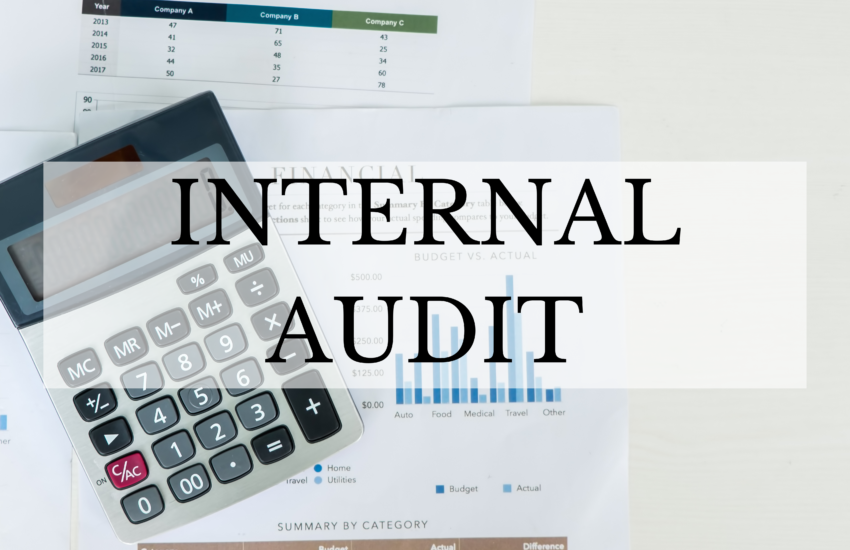Internal Audit in Digital Era
In a world of rapid change on almost every front, where organisations must adapt and grow – or risk decline and eventual demise – everyone confronts the same reality: either step up to contribute long-term value or be left behind. As the risks and complexities organizations face change, so do the focus, skill sets and capabilities needed by internal audit.
Internal audit in the digital era involves using advanced technologies to enhance the effectiveness and efficiency of internal audit processes. With the rapid advancement of technology, internal auditors are required to keep up with the digital transformation to ensure they provide timely and relevant insights to their organizations.
This article explores the challenges and opportunities of internal audit in the digital era:
Challenges of Internal Audit in the Digital Era
- Cybersecurity risks: As organizations increasingly rely on digital technologies, they become more vulnerable to cyber threats, including hacking, malware, and phishing attacks. These threats can compromise sensitive data, disrupt operations, and damage the organization’s reputation. Internal auditors need to have a deep understanding of cybersecurity risks and controls, including firewalls, encryption, and access controls. They also need to stay abreast of emerging threats and vulnerabilities and ensure that the organization’s cybersecurity program is up-to-date and effective.
- Data analytics: With the proliferation of data, internal auditors need to leverage data analytics tools to identify patterns and anomalies that may indicate fraud or other risks. However, many auditors lack the necessary skills and training to use data analytics effectively. To overcome this challenge, organizations should invest in training programs for their internal auditors and provide them with access to the latest data analytics tools and techniques.
- Cloud computing: Cloud computing has become ubiquitous in today’s digital landscape, offering many benefits, including scalability, flexibility, and cost-effectiveness. However, it also presents unique risks, including data privacy and security concerns. Internal auditors need to understand the risks and benefits of cloud computing and ensure that the organization’s cloud-based systems are secure and compliant with applicable laws and regulations.
Opportunities of Internal Audit in the Digital Era
- Automation: The digital era offers many opportunities for automation, including robotic process automation (RPA) and artificial intelligence (AI). Internal auditors can leverage these technologies to streamline their audit processes and focus on higher-value activities, such as risk assessment and data analysis. Automation can also improve the accuracy and efficiency of internal audit activities, reducing the risk of errors and improving audit quality.
- Continuous monitoring: With the advent of digital technologies, internal auditors can now monitor business processes in real-time, providing them with more timely insights into potential risks and opportunities. Continuous monitoring can also help auditors identify emerging risks and issues before they become more significant problems, allowing the organization to take proactive measures to mitigate them.
- Collaboration: The digital era offers many opportunities for collaboration, including virtual meetings, shared workspaces, and online communication tools. Internal auditors can leverage these technologies to collaborate more effectively with stakeholders, including management, audit committees, and external auditors. Collaboration can improve audit quality and enhance stakeholder confidence in the internal audit function.
- Data analytics: The proliferation of data in the digital era provides internal auditors with a wealth of information to analyse and leverage. Data analytics can help auditors identify patterns and anomalies that may indicate fraud or other risks, allowing the organization to take appropriate action to mitigate them. Data analytics can also improve audit quality by providing auditors with more objective and reliable evidence to support their findings and recommendations.
Conclusion:
In conclusion, internal audit in the digital age necessitates tech-savvy internal auditors who utilise cutting-edge tools and technologies to increase their efficacy and efficiency. Internal auditors must adapt to new technologies and be skilled in digital tools and techniques to effectively carry out their roles. Internal auditors who embrace digital transformation can help their companies meet their strategic goals by offering timely and pertinent insights.

